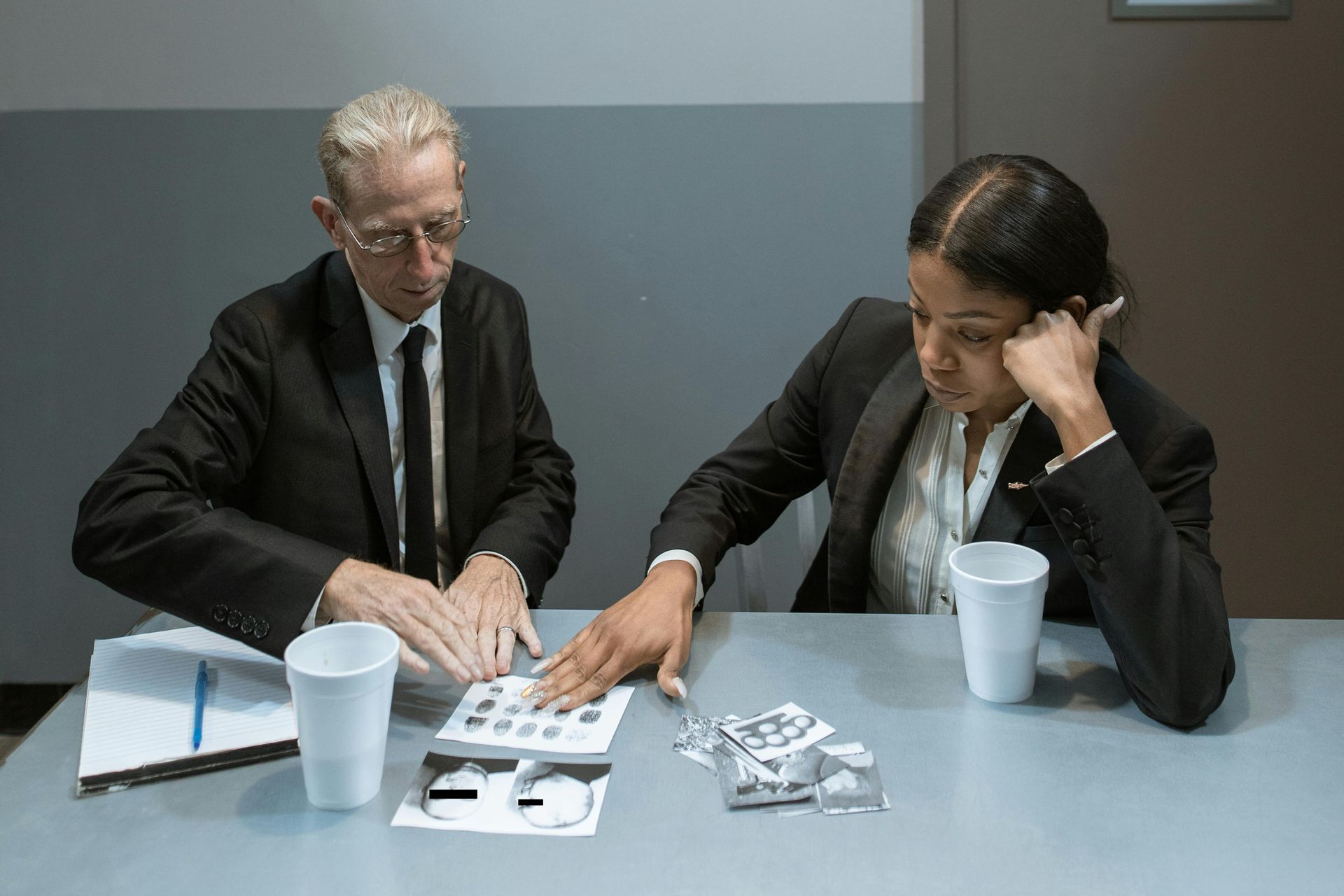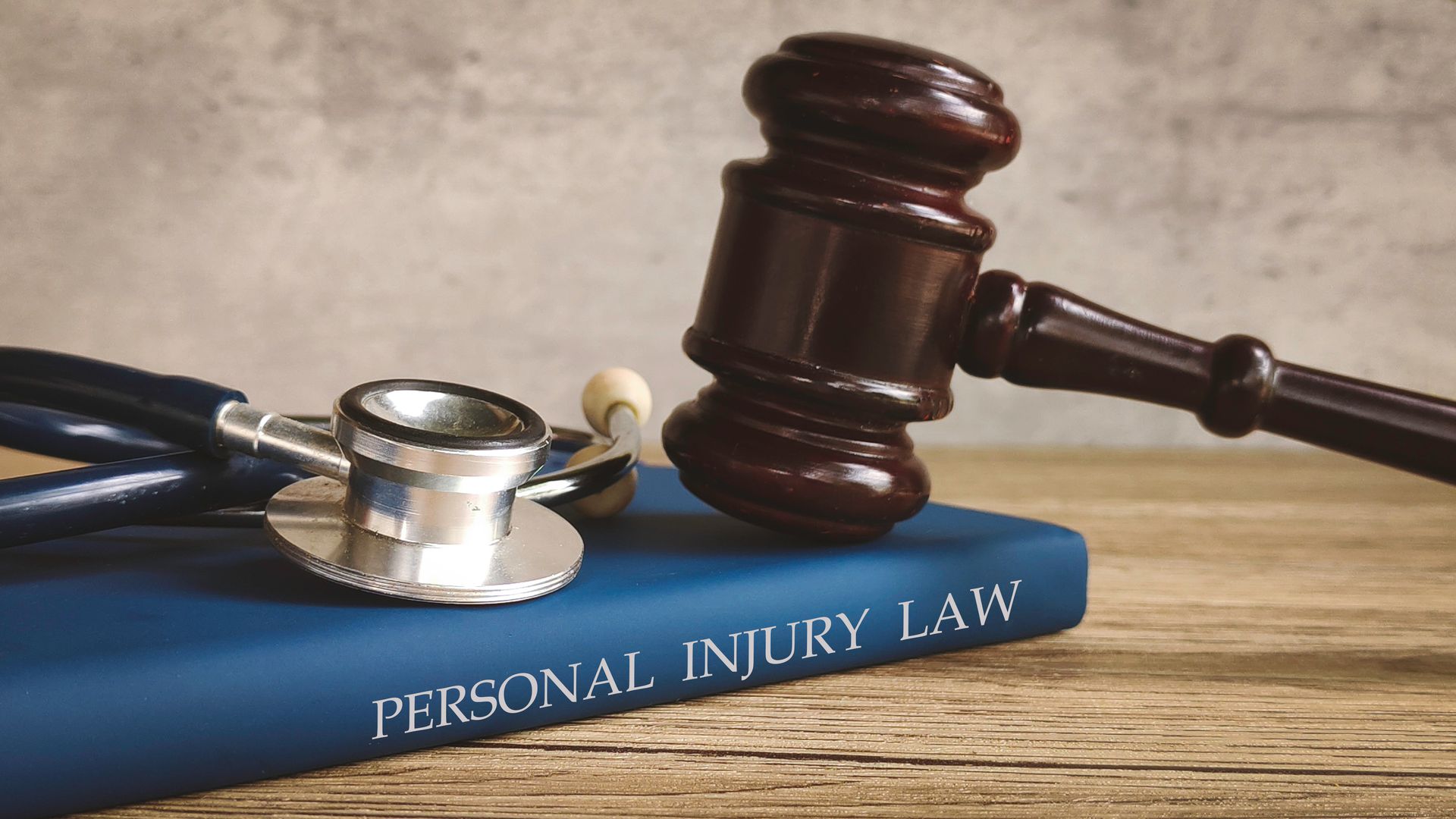Grounds for a Motion for a New Trial in Atlanta: Common Reasons and Requirements
Facing an adverse judgment can be an overwhelming experience. A litigant may be left feeling scared, frustrated, and unsure of what to do. Luckily, this does not necessarily mean the end of the court process. It is important to know there are options. Here, we explore the grounds for a motion for a new trial in Atlanta and common reasons and requirements.
If there are legal means to do so, the court can grant a new trial. In 2022, for example, an Atlanta man was granted a retrial based on an insufficiency of evidence during initial proceedings and was later acquitted. A motion for a new trial can be an important legal mechanism.
Appeals and New Trials
In the post-trial stage, it can be confusing to understand the proper steps to take. One of the first things that must be done is to decide if a motion should be filed for a new trial or an appeal. While similar, these two motions are fundamentally different.
A motion for an appeal argues that there was a problem in the court process which caused a defect in the court process. This can include things like ineffective counsel or issues with evidence. Importantly, an appeal seeks to move the case to a higher court, in effect making a request to take it out of the hands of the court of first instance.
A motion for a new trial is, in effect, a request to the ruling judge to try the same case again. While this motion, like an appeal, argues that problems occurred during initial proceedings, it does not seek to move the case to the higher courts. Rather, it submits reasons that a new trial should take place under the initial judge, and is grounded on the submission of exculpatory information.
Grounds for a Motion for a New Trial
A person submitting a motion for a new trial, or “movant,” can make their claim on several grounds. This must be done within 30 days of the initial court judgement. In the state of Georgia, this motion is made possible by Article 2, Chapter 5, Title 5 of the Georgia Code (§§ 5-5-20), which recognizes the following as legitimate grounds for a new trial:
- Insufficiency of evidence. This could mean several things, including any errors committed by the court through illegal admissions of evidence or exclusion of exculpatory evidence.
- Newly discovered evidence. For this to be valid, the evidence must have come to the movant’s knowledge after the trial, and a legitimate reason must be offered for the party not being aware of it before then. The evidence should be consequential and likely to have a bearing on the original outcome of the initial court decision.
- A contradiction between the judgment and the evidence presented. This occurs when the legal judgment of the court stands in direct conflict or contradiction with the facts presented to the court. This can happen when evidence is interpreted mistakenly or when the evidence presented is clearly exculpatory.
- Legal errors during trial proceedings. Sometimes errors happen in the pre-trial or trial procedure. If there was impropriety in things like jury instructions, use of inadmissible evidence, or other irregularities that can be shown, there may be a legitimate reason for a new trial.
Atlanta Court Backlogs
As of June 23, 2023, Fulton County’s Magistrate Court reported over 307,000 case filings since January 1, 2019, with approximately 171,010 landlord-tenant cases. Of these, 14,643 remained open, with 6,952 awaiting a trial date, indicating a significant backlog in eviction-related cases. Court backlogs can delay dates for setting retrials.
FAQs
Q: How to Win a Motion for a New Trial?
A: To be successful in a motion for a new trial, you should be prepared with your filings and justifications. Drafting the motion is crucial. Clear, precise justifications must be given. If, for example, there is new evidence, it must be shown that it serves an exculpatory function. Likewise, justification must be given for it not having been included previously. Being prepared and understanding the guidelines are fundamental when filing a motion for a new trial.
Q: What Are the Grounds Upon Which a Court May Grant a New Trial?
A: In the state of Georgia, under Title 5 of the Georgia Code, a court may grant a new trial due to newly discovered evidence, problems with the initial evidence presented at the initial trial, and any legal errors that can be shown to have been made as well. In addition, if it can be shown there was a contradiction between the judgment and the evidence presented in the original case, a motion may be granted.
Q: What Is the Federal Rule for a Motion for a New Trial?
A: Under Federal Rule of Civil Procedure 59, a motion for a new trial in a federal court must be filed within 28 days after the entry of judgment. The court may grant a new trial if the verdict is contrary to the weight of evidence, involves legal errors, or other reasons that justify a new proceeding, such as juror misconduct or newly discovered evidence. The decision to grant a new trial is within the trial court’s discretion.
Q: Can an Attorney Help Get a New Trial in Atlanta?
A: A skilled lawyer can help secure a new trial in Atlanta by filing a motion within 30 days of the judgment, demonstrating errors like insufficient evidence, legal mistakes, or juror misconduct. They can gather new evidence, such as uncalled witnesses or exculpatory material, and argue how trial irregularities violated the defendant’s right to a fair trial. If denied, an experienced attorney can appeal to a higher court, leveraging their skills to navigate strict deadlines and complex legal requirements.
Speak with an Experienced Lawyer Today
Seeking a new trial is a legitimate option should new evidence or extenuating circumstances arise. The process can be complex, and it is critical to have sound legal advice. At The Law Offices of Delisa Williams, PC, our attorneys have a track record of success when it comes to representing and advocating for clients. Contact us today to discuss developing a motion for a new trial.
See Related Posts:











